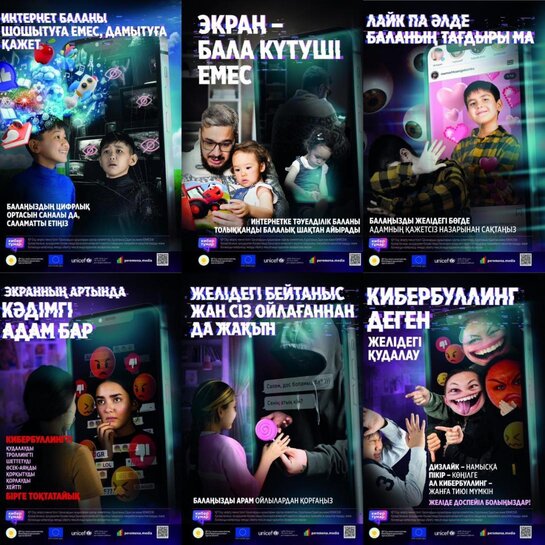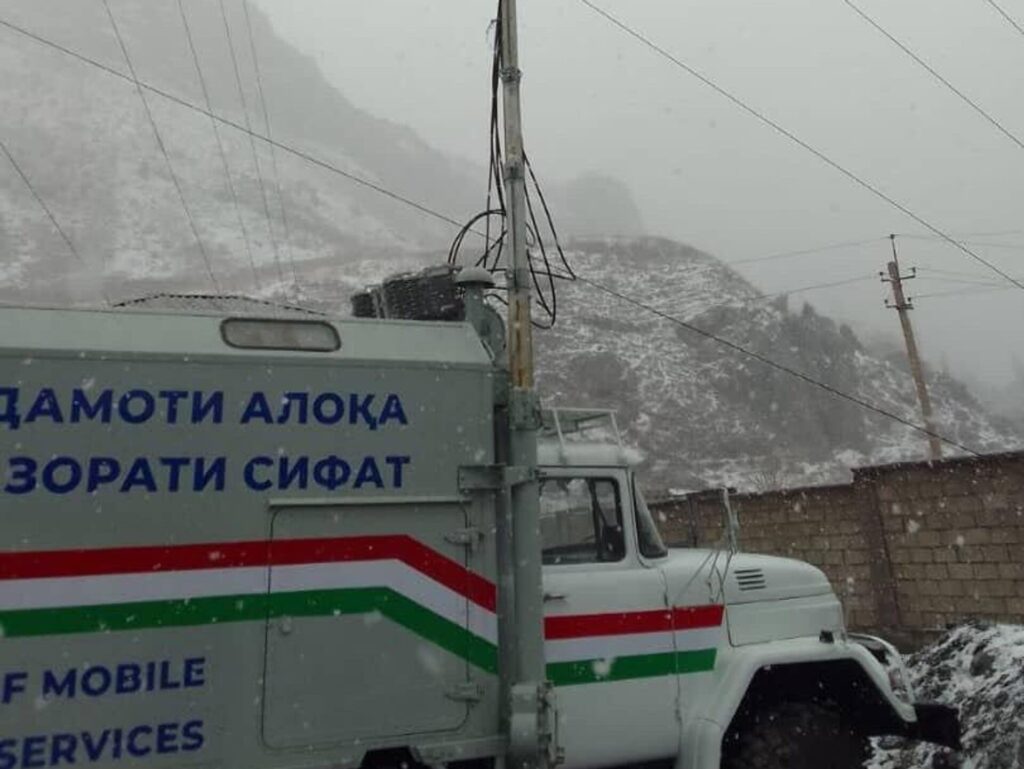Foreign IT Companies Earned Over $50 Million in Uzbekistan Last Year
Foreign IT companies who pay tax in Uzbekistan almost doubled their profits last year. That's according to statistical data published by the Uzbek State Tax Committee. In 2023 their total profit amounted to $50.8m. There are currently 57 foreign firms providing internet and IT services in the country. In 2023 alone the list grew by 17 -- including the Singaporean company TikTok PTE LTD. TikTok has been blocked in Uzbekistan since July 2021 for violating the law on personal data, which requires that data servers must be located in Uzbekistan. Compared to 2022, the taxes paid by foreign IT companies to the Uzbek budget increased by 56.2%. The lion's share of payments falls on tech giants such as Facebook parent company Meta ($2.114m), Google ($1.6m), Apple ($1m) and Amazon ($176,000). Booking.com, Netflix, Xsolla, Zoom, Yandex and Adobe Systems make up the top ten. Foreign companies providing internet services in Uzbekistan have paid taxes in the country since 2020. Blogger and co-founder of the business publication Spot.uz Temurmalik Elmuradov notes that recently in Uzbekistan "the digital market is growing, and people's consumer habits are changing. There are more people willing to pay for movies and TV series rather than search for them on free online [movie sites]." In February, president Shavkat Mirziyoyev received a presentation on key strategic reforms for 2024, according to which over the past 10 years the volume of services in the telecom sector has grown 6.5 times -- and the coverage of the population with mobile internet has risen to 98%. As part of the reforms, among other things, there is a plan to give bandwidth providers direct access to the international internet channel. That means that an independent regulator of telecommunications should appear in the country by September 1. As of today, almost all Uzbek internet providers get access through the International Packet Switching Center of Uzbektelecom.






